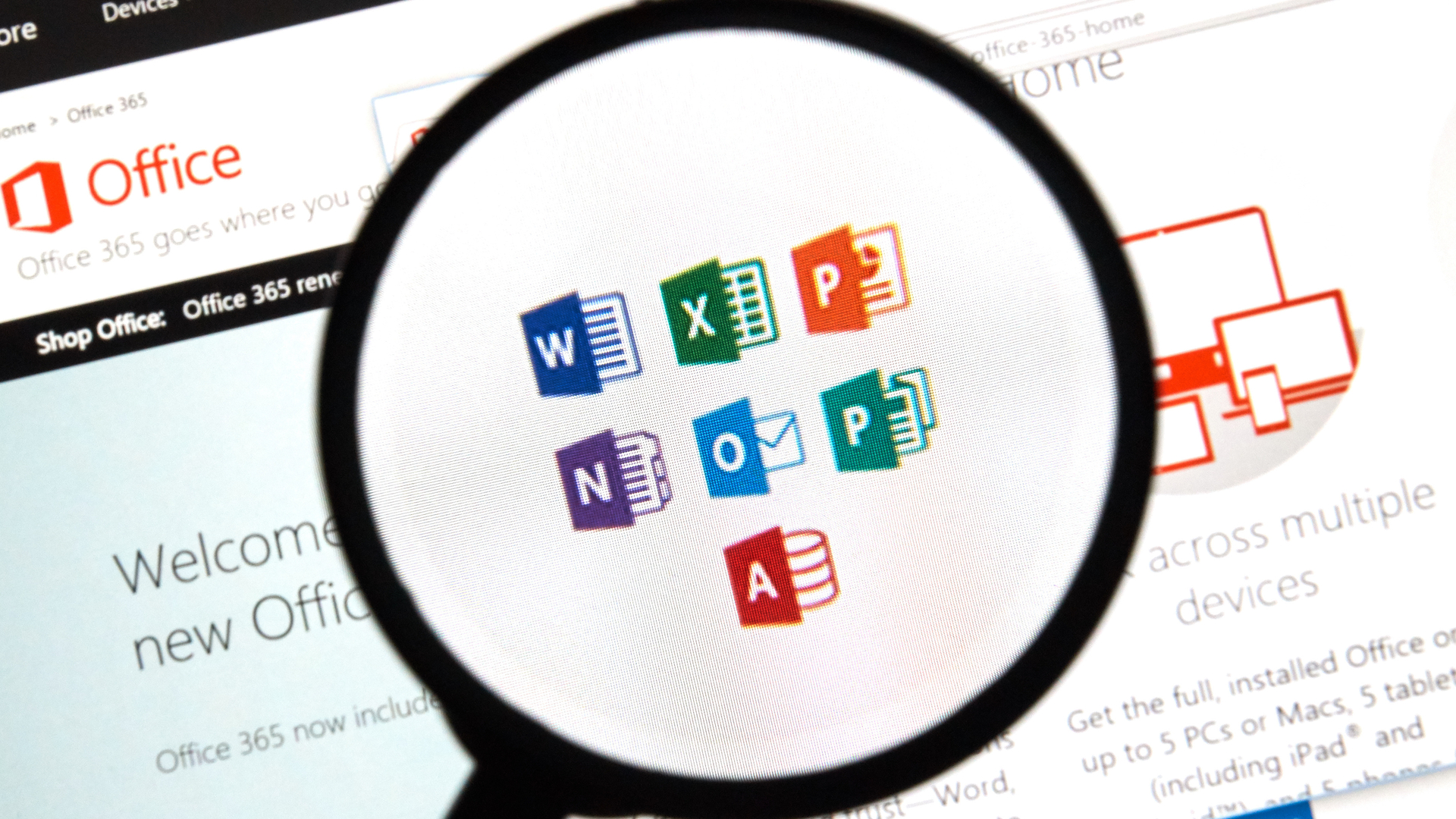Microsoft Exchange targeted by China-linked hackers
IT admins have been urged to urgently patch on-premise Exchange Server systems


Microsoft’s Exchange mail servers have been targeted by a group of state-backed hackers operating out of China, according to the tech giant.
The threat actors took advantage of four previously-undetected zero-day vulnerabilities in its software that allowed hackers to access servers for Microsoft Exchange. These flaws were labelled CVE-2021-26855, CVE-2021-26857, CVE-2021-26858, and CVE-2021-27065 in Microsoft’s latest Security Response Center (MSRC) release.
The company said that it believes the attacks were carried out by the Hafnium group, which Microsoft described as “state-sponsored and operating out of China, based on observed victimology, tactics and procedures”.
Microsoft’s corporate VP of Customer Security & Trust, Tom Burt, said that “while Hafnium is based in China, it conducts its operations primarily from leased virtual private servers (VPS) in the United States”.
“Historically, Hafnium primarily targets entities in the United States for the purpose of exfiltrating information from a number of industry sectors, including infectious disease researchers, law firms, higher education institutions, defence contractors, policy think tanks and NGOs,” he said, adding that the group “engaged in a number of attacks using previously unknown exploits targeting on-premises Exchange Server software”.
According to Burt, the threat actors carry out the attack in three steps: “First, it would gain access to an Exchange Server either with stolen passwords or by using the previously undiscovered vulnerabilities to disguise itself as someone who should have access. Second, it would create what’s called a web shell to control the compromised server remotely.
RELATED RESOURCE

How to improve cyber security for remote working
13 recommendations for security from any location
"Third, it would use that remote access – run from the US-based private servers – to steal data from an organisation’s network."
Get the ITPro daily newsletter
Sign up today and you will receive a free copy of our Future Focus 2025 report - the leading guidance on AI, cybersecurity and other IT challenges as per 700+ senior executives
Microsoft advised customers to update on-premises Exchange Server 2013, 2016 and 2019 systems immediately, adding that Exchange Online hadn’t been affected and that the attacks are in "no way connected to the separate SolarWinds-related attacks”. The company has been under intense scrutiny since it was found that an exploit in Microsoft 365 was used by SolarWinds hackers to access government and the private sector information, including MalwareBytes’ internal emails.
However, Microsoft maintained that it continues “to see no evidence that the actor behind SolarWinds discovered or exploited any vulnerability in Microsoft products and services”.
Burt added that the Hafnium group-led attack is the eighth case in the last 12 months of a nation-state group targeting critical institutions to be disclosed by Microsoft.
Having only graduated from City University in 2019, Sabina has already demonstrated her abilities as a keen writer and effective journalist. Currently a content writer for Drapers, Sabina spent a number of years writing for ITPro, specialising in networking and telecommunications, as well as charting the efforts of technology companies to improve their inclusion and diversity strategies, a topic close to her heart.
Sabina has also held a number of editorial roles at Harper's Bazaar, Cube Collective, and HighClouds.
-
 Bigger salaries, more burnout: Is the CISO role in crisis?
Bigger salaries, more burnout: Is the CISO role in crisis?In-depth CISOs are more stressed than ever before – but why is this and what can be done?
By Kate O'Flaherty Published
-
 Cheap cyber crime kits can be bought on the dark web for less than $25
Cheap cyber crime kits can be bought on the dark web for less than $25News Research from NordVPN shows phishing kits are now widely available on the dark web and via messaging apps like Telegram, and are often selling for less than $25.
By Emma Woollacott Published
-
 Second-ever OpenSSL critical vulnerability teased, 10 years after Heartbleed
Second-ever OpenSSL critical vulnerability teased, 10 years after HeartbleedNews All OpenSSL versions beyond 3.0 are at risk, with more details due to be released alongside a patch on 1 November
By Rory Bathgate Published
-
 Fortinet reiterates call to mitigate against active zero-day, as customers delay fixes
Fortinet reiterates call to mitigate against active zero-day, as customers delay fixesNews A large number of customers have yet to apply mitigations necessary to avoid the critical vulnerability
By Rory Bathgate Published
-
 Microsoft still searching for zero-day fixes following Patch Tuesday
Microsoft still searching for zero-day fixes following Patch TuesdayNews ProxyNotShell remains unaddressed even as Microsoft fixes several critical flaws in its monthly package of security patches
By Rory Bathgate Published
-
 Fresh Microsoft Office zero-day executes code on fully patched applications
Fresh Microsoft Office zero-day executes code on fully patched applicationsNews Malicious documents saved in Rich Text Format are especially concerning since they can execute code without even being opened
By Connor Jones Published
-
 Microsoft patch fails to fix Installer zero-day affecting every version of Windows
Microsoft patch fails to fix Installer zero-day affecting every version of WindowsNews The exploit allows hackers to elevate privileges and create admin accounts
By Rene Millman Published
-
 Kaspersky exposes MysterySnail zero-day exploit in Windows
Kaspersky exposes MysterySnail zero-day exploit in WindowsNews Elevation-of-privilege flaw could enable Chinese hackers to mount widespread spying campaign
By Rene Millman Published
-
 100 million IoT devices affected by zero-day flaw
100 million IoT devices affected by zero-day flawNews Vulnerability could affect car, fire detection, and patient data sensors
By Rene Millman Published
-
 Recent Microsoft attacks traced to secretive Israeli spyware firm
Recent Microsoft attacks traced to secretive Israeli spyware firmNews Candiru, which trades exclusively with governments, distributed zero-day exploits for vulnerabilities patched this week
By Keumars Afifi-Sabet Published